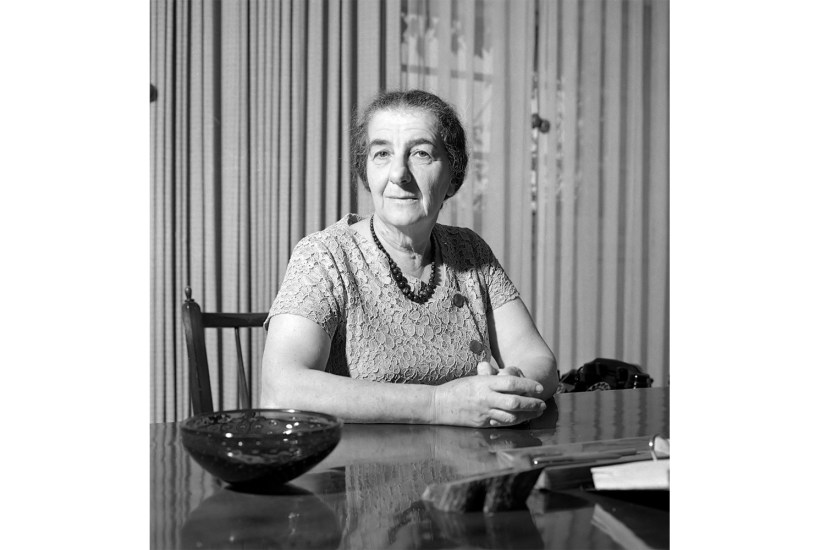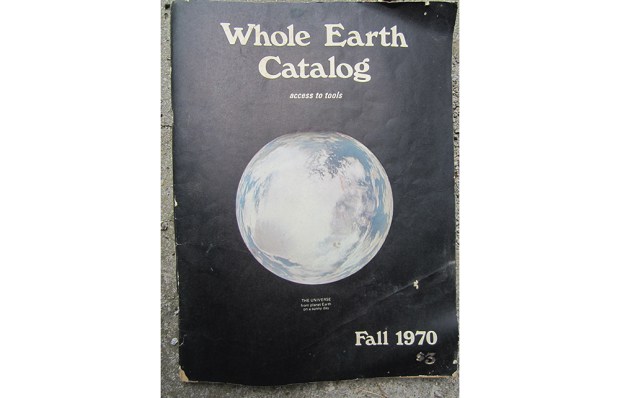Most of us are familiar with the notion of writer’s block, that paralysis of invention induced by the appalling sight of a blank page. Composer’s block is less widely discussed, although musicians seem equally afflicted by creative drought. Perhaps the best known case is that of the Russian composer Sergei Rachmaninov, the subject of Radio 3’s Sunday Feature, which describes how the great man finally fought his way out of a numbing three-year ‘apathy’ with the help of a hypnotist.
The composer had been catapulted into his long despair by the hostile reception to his First Symphony in 1897. The work was not helped by a drunken conductor on its under-rehearsed opening night; one critic likened it to a depiction of the ‘seven plagues of Egypt’ that would be applauded by inmates of ‘a conservatory in Hell’. Rachmaninov’s saviour, after a few years, proved to be Nikolai Dahl, a viola-playing neurologist. Dahl induced a trance-like state in the gloomy composer – once described by Igor Stravinsky as ‘a six and a half foot scowl’ – while repeating: ‘You will begin to write a piano concerto. You will work with great facility. The concerto will be of an excellent quality.’ The suggestion worked: its triumphant outcome was his Second Piano Concerto, a runaway success which was later deployed to great effect in the film Brief Encounter, and still regularly tops the charts of most loved classical compositions.
This is a tale naturally rich in drama: it boasts a tortured genius, the agony of bad reviews, long dark nights of the soul, and a joyous return to musical form by unconventional means, all set in Russia at the turn of the 20th century. Unfortunately, this programme seemed so terrified of boring its audience that – instead of drilling down into the fascinating detail of Rachmaninov’s crisis – it skittered around the history of hypnosis from Franz Anton Mesmer to Jean-Martin Charcot, investing hectic energy in convincing us of what most people surely already know by now: that no, hypnotism isn’t just a stage stunt practised by men with intense eyes, but has serious applications.
Since much of the discussion with experts was backed by a soaring musical score, those who are not aural multi-taskers may find it difficult fully to enjoy either the music or the insights. Meanwhile the presenter Georgia Mann’s breezily chummy tone felt at odds with the melancholy of its main subject: Rachmaninov needed to ‘rediscover his musical mojo’, she told us, and ‘romance is the name of the game for many people when they think of our Sergei’. I couldn’t help thinking this programme itself needed a lie down in a darkened room, followed by some decisive rearrangements.
After this, it came as a relief to visit the more rigorous yet constantly surprising world of From Our Own Correspondent, the weekly Radio 4 slot in which foreign reporters deliver a short personal talk from whichever country they’re in. FOOC, as it’s fondly known at the BBC, began in 1955 after top brass noticed that ‘these correspondents are really very good chaps and we should use them more’. The simple strictness of its ten-minute format exploits the powerful intimacy of radio at its best: no voices apart from the correspondent’s own are allowed in, despite occasional pleas. The late Charles Wheeler, a distinguished foreign correspondent himself, presents this archive programme, first broadcast in 2005 to mark 50 years of the show: it includes some of the finest examples of the genre, many still exuding a palpable whiff of whisky and cordite.
One such was from Allan Little, watching the fall of President Mobutu while holed up in Zaire in 1997, during an edgy 48 hours in which there was ‘a complete hiatus of power’. Sharpened by apprehension, he described this situation in remarkably lyrical, urgent prose which can still deliver a jolt more than 25 years later. Hope rested, he told us, in the regime’s defence minister General Mahele, who was mulling a peace deal with Laurent Kabila’s rebels. Then ‘George wakes me at three in the morning and his news chills me to the marrow: General Mahele has been assassinated by hard-line Mobutu loyalists. The regime has turned in on itself.’
Other memorable contributions include Diana Goodman’s heartbreaking dispatch from an underfunded Russian orphanage for disabled children, which I cannot now scrub from my memory; Fergal Keane’s tender, reflective letter from Hong Kong to his newborn son Daniel; and Michael Elkins recalling how a FOOC from Israel got him into hot water with its prime minister Golda Meir. She confronted the journalist with a transcript of his broadcast, which contained the following description: ‘She comes thumping into the cabinet room on her stumpy legs.’ What followed was oddly touching. ‘You forget I am a woman,’ said Meir. ‘I am ashamed,’ replied Elkins, downcast. ‘I know you are,’ she said, and they moved on.
Got something to add? Join the discussion and comment below.
Get 10 issues for just $10
Subscribe to The Spectator Australia today for the next 10 magazine issues, plus full online access, for just $10.
You might disagree with half of it, but you’ll enjoy reading all of it. Try your first month for free, then just $2 a week for the remainder of your first year.















Comments
Don't miss out
Join the conversation with other Spectator Australia readers. Subscribe to leave a comment.
SUBSCRIBEAlready a subscriber? Log in